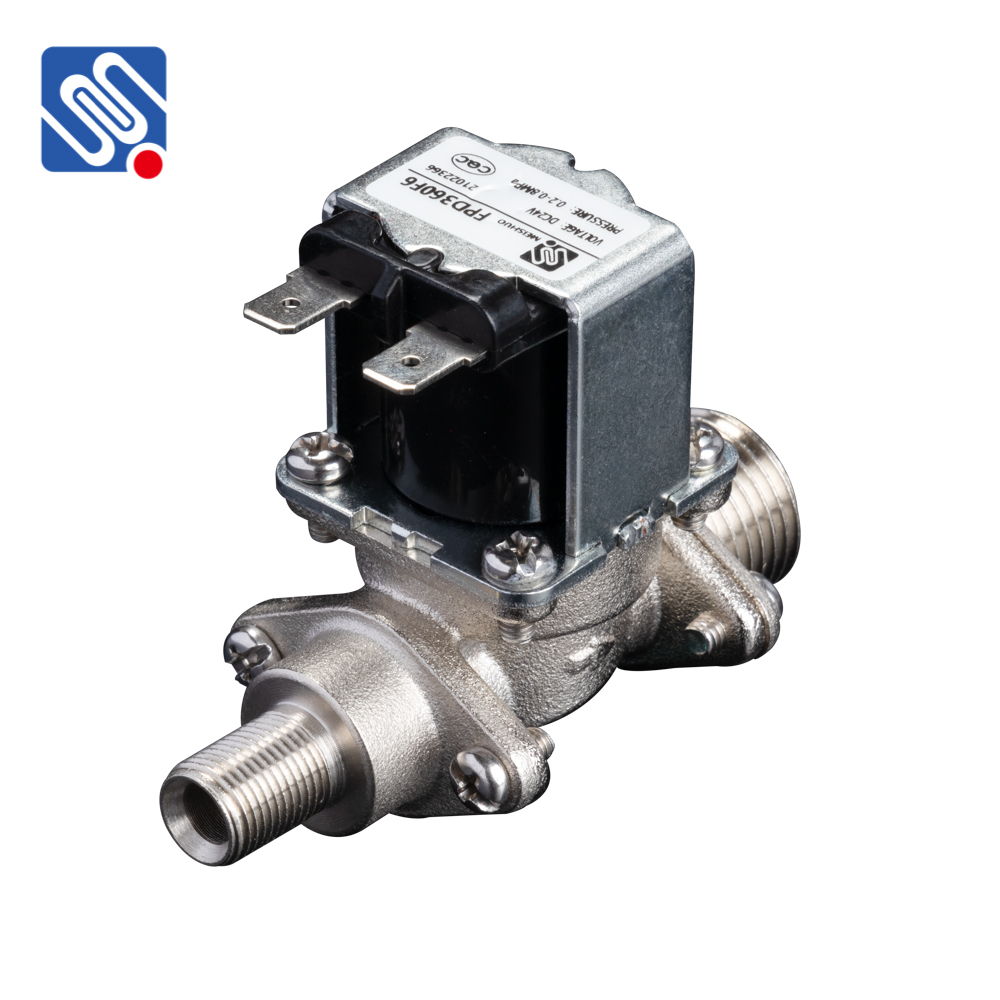The Flow Control Solenoid Valve is a key component in various industrial systems, combining flow regulation and electromagnetic operation to ensure efficient fluid or gas management. This valve type is widely used in industries ranging from automation to hydraulics, air systems, and fluid control, owing to its precision and remote operation capabilities. In this article, we will delve into the working principles, features, advantages, applications, and considerations for selecting a Flow Control Solenoid Valve.

What is a Flow Control Solenoid Valve? A Flow Control Solenoid Valve is a type of valve that controls the rate of fluid or gas flow by utilizing a solenoid coil (electromagnetic coil) to regulate its opening or closing. The solenoid’s action drives a mechanism that either adjusts or completely blocks the flow of the medium passing through it. Unlike traditional manual valves, the solenoid valve allows for automated, precise, and remote control of fluid dynamics. This valve typically integrates two essential functionalities: Flow Control – The ability to modulate the flow of fluid (liquid or gas) to a system.